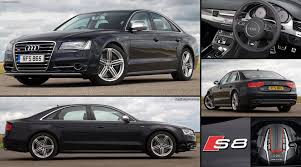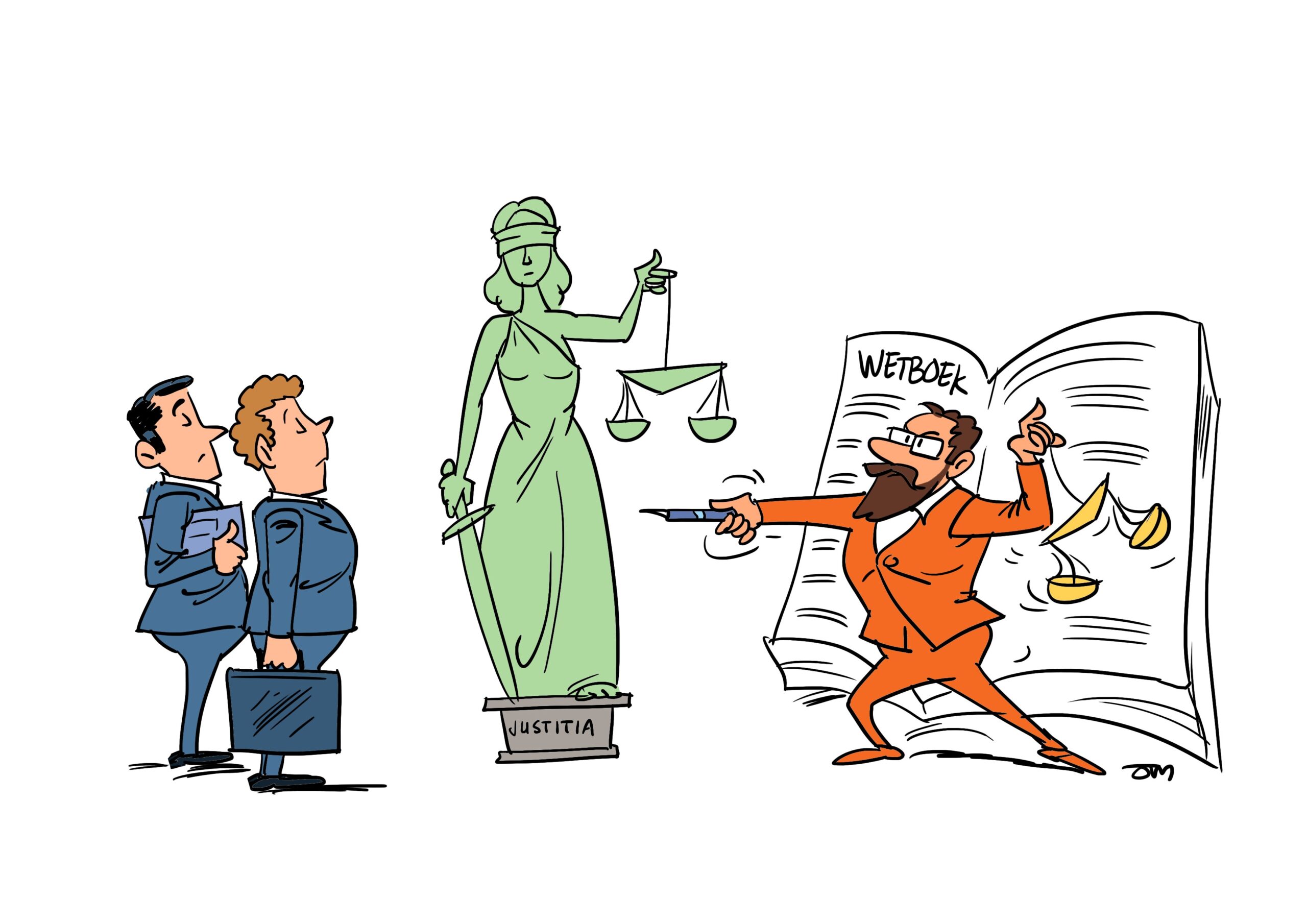The company car, the most advised product in our business. Basically the question never changes, how can I drive the too expensive car for the lowest fiscal consequence, or how can I limit the private use value added to the income.
Company car – private use value added to the income
In the Netherlands you can drive a company car, but you are expected to drive the car also for private use. Private use is for instance in the weekend, on holiday, to the supermarket or dentist. To charge the user of the company car for this private use, a percentage of the Dutch catalogue value of the company car is added to the taxable income. The percentage depends on the criteria a car needs to meet. But the client base we serve goes for the 22% (as of 2018, before 25%) added to the income.
Company car – NO private use value added to the income
If you do want to drive a company car but you do not want to be charged for the private use, then you should not use the car for private use. Simple as that. Not so simple is to proof to the Dutch tax office that you have not used the car for private use. For this proof you need to provide a full kilometer administration. Every single KM you need to explain. So no 10 KM margin, but exact to the dot.
Our experience is that the tax office will full go through the administration and will notice mistakes you might have made at certain junctions (!). In the past the tax office compared your speeding tickets with your KM administration. No idea how privacy rules look at this. But many company car owners now do the same. However, you also see non speeding camera’s in Dutch traffic, especially at the border to check the KM administrations of employees claiming not to use the car for private use.
Court case – private use value added to the income – Audi S8 & Audi S8
How many Audi S8 can you drive at a time, apparently two. This entrepreneur drove a 2012 Audi S8 as company car and transferred this Audi S8 to his private name, so no longer a company car in December 2012. Early 2013 this 2012 Audi S8 was traded in for a 2013 Audi S8 and again this new Audi S8 was considered a company car.
The difference between the use of the 2012 Audi and the 2013 Audi is that for the 2013 Audi the entrepreneur is keeping a KM administration hence no private use value added to the income. If you know the Dutch catalogue value of these types of cars, even without the options, huge amounts. Hence we understand his need for KM administration.
However, the max amount of KM you can drive while you keeping KM administration is 500 km. That is not per car, that is per calendar year. The entrepreneur understood that hence via the signature of nobody less than the local notary he put in writing that a few KM were driven with the 2012 Audi in 2013 for the company. Employees were keen to state that their cars were used by the entrepreneur while he visited clients.
Moreover, the entrepreneur claimed to have made a significant loss on the sale of the 2012 Audi to himself privately.

The tax office disagrees with the entrepreneur. Not only is the loss of the sale of the car to himself rejected, but also the entrepreneur will be charged with a value of 25% of the Dutch catalogue value of both cars to his income for the period of time the cars were in the company in 2013. The entrepreneur claimed no longer to have the 2012 Audi in the business in 2013, the tax office states he had, regardless of the sale. Hence the entrepreneur had 2 Audi’s at the same time in the company in 2013.
The regular court nor the high court agreed with the arguments of the entrepreneur. The notary is not the method to proof whether a car was used for private us. That is the KM administration. Statements of employees can be questioned as they depend on the entrepreneur, but if then it shows that these statements have been drawn by the entrepreneur and are open for debate if it actually states he did not drive for private use, then the statements are void.
The outcome was that the combined use of both Audi’s in the year 2013 for private use exceeds 500 KM, hence for both cars 25% of the Dutch catalogue value was added to the income.
Orange Tax Services
The value added to the income of a car is to compensate the private use of the car. If you then purchase a company car you basically cannot afford, or you purchase two of them at the same time. They you can have issues. But if you play by the rules and no longer use one car for the company, keep a KM administration and not use both cars in 1 calendar year for more than 500 KM while they are registered on the company, you do not have the above problem.
The above problem is basically caused by thinking it will all work out with some statements. But that is not the case. Bottom line: if you cannot afford the tax due, do not purchase the car.





